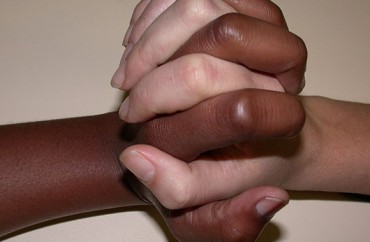
Editor’s Note: This is the second in a series of articles reporting on ‘Where Do We Go From Here: Creating An Intersectional Vision for Radical Social Change,’ a diversity conference held June 13-16 at Fairfield University
FAIRFIELD, Conn. – University administrators have created countless programs and policies aimed at achieving diversity and inclusion, but they shouldn’t pat themselves on the back yet.
That was essentially the message one diversity guru advised at a recent “radical social change” conference, arguing educators need to shift their focus to “collective liberation” to better advance the social justice cause.
“Our diversity, equity and social justice work has to embrace new tools. It has to take on forms to get at those old roots [of oppression] in different ways,” said Tanya Williams, a former higher education diversity official who now works as a facilitator for the LeaderShape Institute.
Williams told the diversity officials and campus employees at the conference that they must join forces, embracing intersectionality, to achieve their goals instead of allowing tribalism often seen among campus leftists.
“If we only do that one focused identity, specifically race or specifically gender or sexual orientation, we are missing out on a whole bunch of students,” Williams said. “We’re not allowing them to grow to the level that they actually could grow and then we’re not seeing them for all that they are.”
She also pushed a kill ‘em with kindness approach to win over skeptics, a tactic she called “compassionate power.” Williams said it’s not about shaming people or making them feel bad about their beliefs, but rather coming from a place of “I hold you with respect and care, but I will not let you disrespect me or those that I love.”
Williams also encouraged attendees to hear out the other side, and meet people “right where they are,” and interact with those who may disagree with them. She said this is a skill diversity officials often neglect.
“Sometimes it’s just easier not to engage with someone who might think differently from you and we’re not moving forward when we do that,” she said.
And in the end, the focus shouldn’t be oppression, oppression, oppression — it should be liberation.
“It’s not that the struggle and the problems go away. I’m not asking people … to act like we’re in utopia. But what I am doing is saying notice what’s here, but do not forget to notice what you are actually working toward and what is possible out there,” Williams said.
Putting an end to racism or sexism, or any other form of oppression, shouldn’t be the goal of social justice educators, according to Williams. Instead, she said she believes they should seek liberation.
For Williams, social justice involves both a goal and a process. She said the goal is to get to place where everyone has a voice and feels safe mentally and physically.
“If we get so bogged down in the oppression and working to fight the oppression, we forget that liberation is actually what we seek,” Williams said. “It’s not the end of racism. It’s not the end of gender oppression. Liberation is actually something else. Social justice is actually something else.”
MORE: Case Western Reserve offers professors up to $10,000 to promote social justice
Like The College Fix on Facebook / Follow us on Twitter
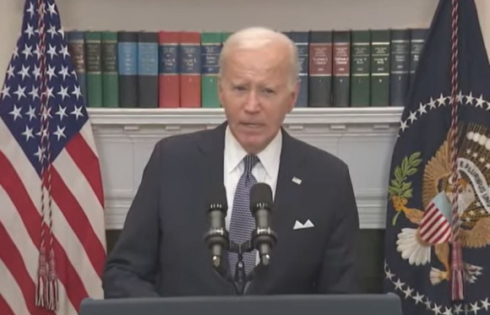
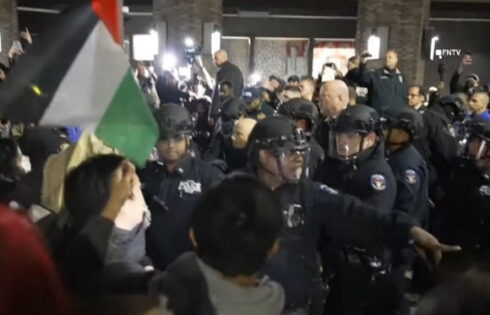

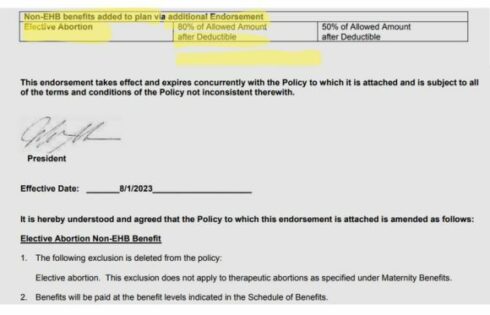
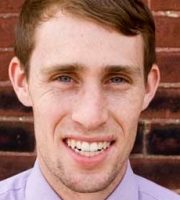
Please join the conversation about our stories on Facebook, Twitter, Instagram, Reddit, MeWe, Rumble, Gab, Minds and Gettr.